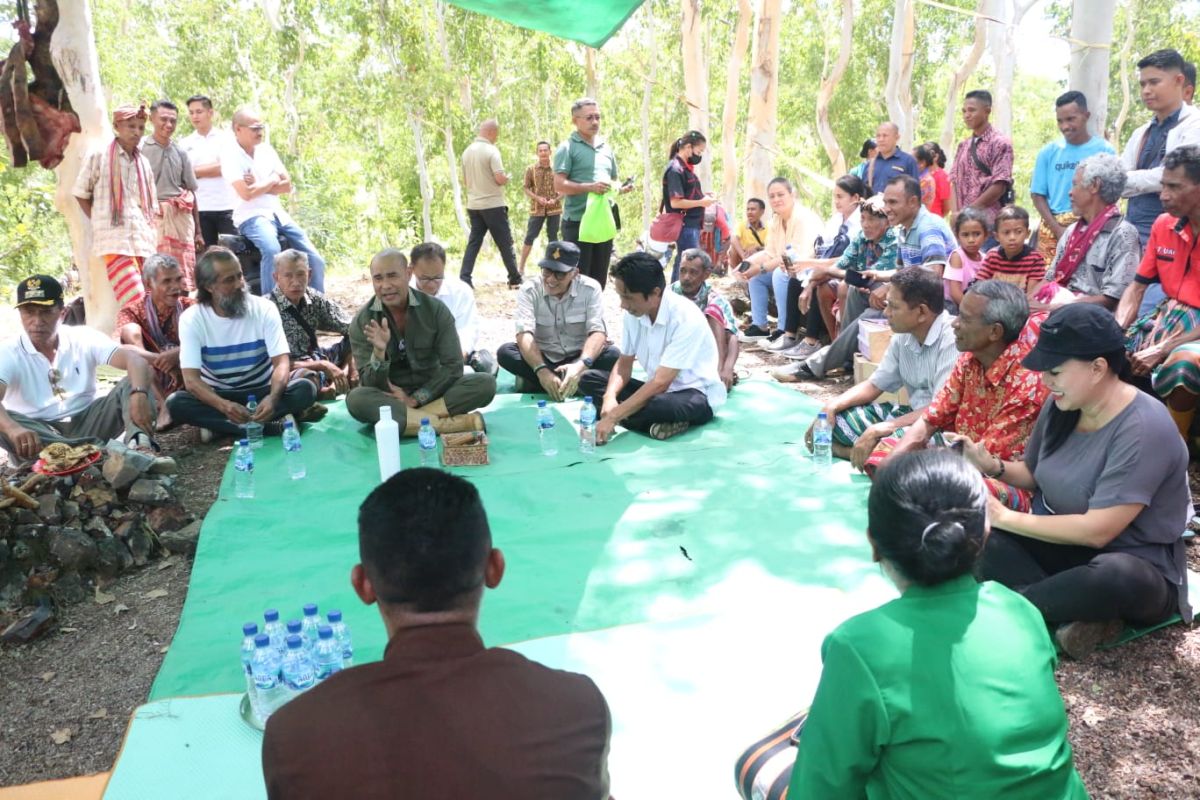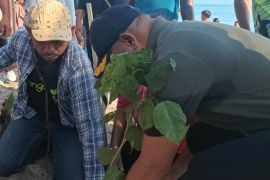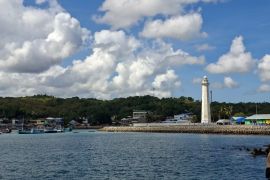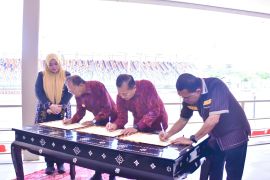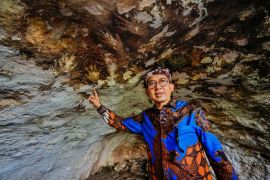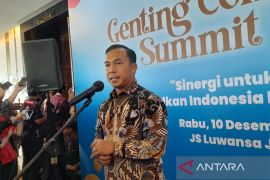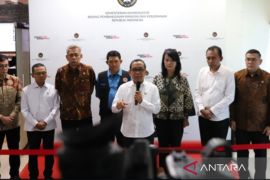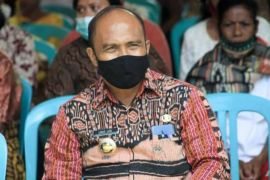"The natural wealth of Timor Island is abundant, and we are grateful that the Teno Forest area produces honey for the community," he said while attending a honey harvesting ritual at the forest, according to a statement received here on Thursday.
The honey harvesting tradition in Teno Forest reflects the West Fatuelu region’s capability to produce quality honey, apart from the well-known Amfoang, Kupang, he added.
Therefore, he said, the community must preserve the Teno Forest zone so that its honey and other products can provide sustainable benefits to residents.
"I remind the people not to damage nature; we need to take good care of this forest area because there is a lot of potential that can be utilized for the welfare of rural communities," Laiskodat said.
Promotion and marketing strategies can help realize sustainable honey production, he added.
The ritual tradition of harvesting honey can be developed into a festival to enrich tourism in Kupang, he said.
According to him, the unique and cultural tradition showcases how the Timorese people perform a series of rituals to harvest natural products, such as honey.
"We expect that the Forestry and Environment Office can collaborate with the Tourism Office to design it into a festival," he said.
There is abundant potential for honey production in East Nusa Tenggara province, including East Flores district.
The East Flores district government said that Leworok in East Flores is the top honey producer in the district. Many residents from other regions of the island are keen to look for honey there.
East Flores district head Doris Alexander Rihi said that more assistance from various parties is needed to grow the small honey businesses.
Related news: NTT boosts growth of tourist visits through Bale Nagi Festival
Related news: 40 factories planned on Indonesia-Timor Leste border: NTT Governor
Translator: Aloysius L, Kenzu
Editor: Azis Kurmala
Copyright © ANTARA 2023
